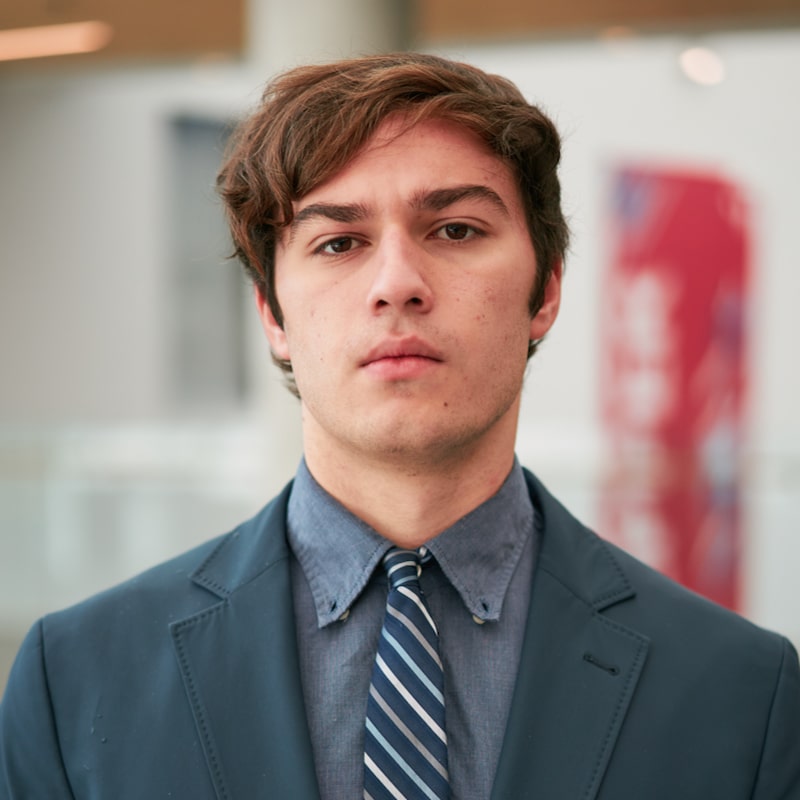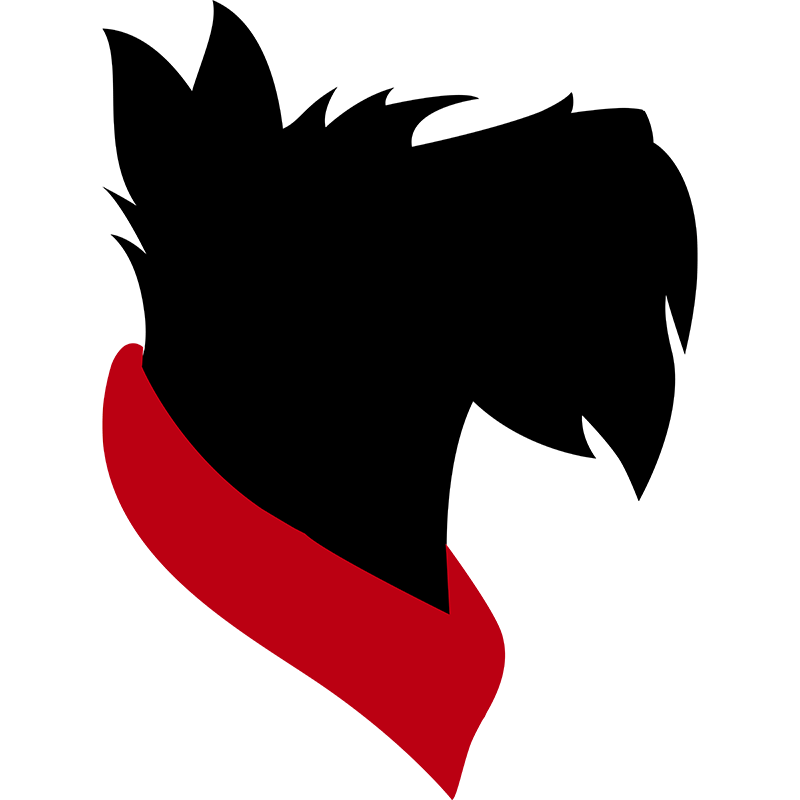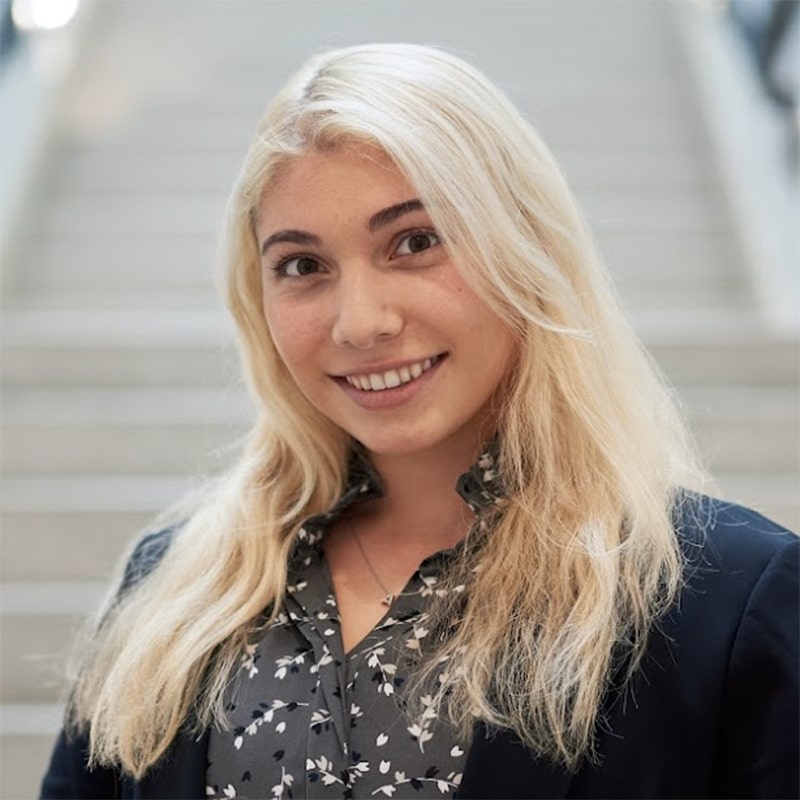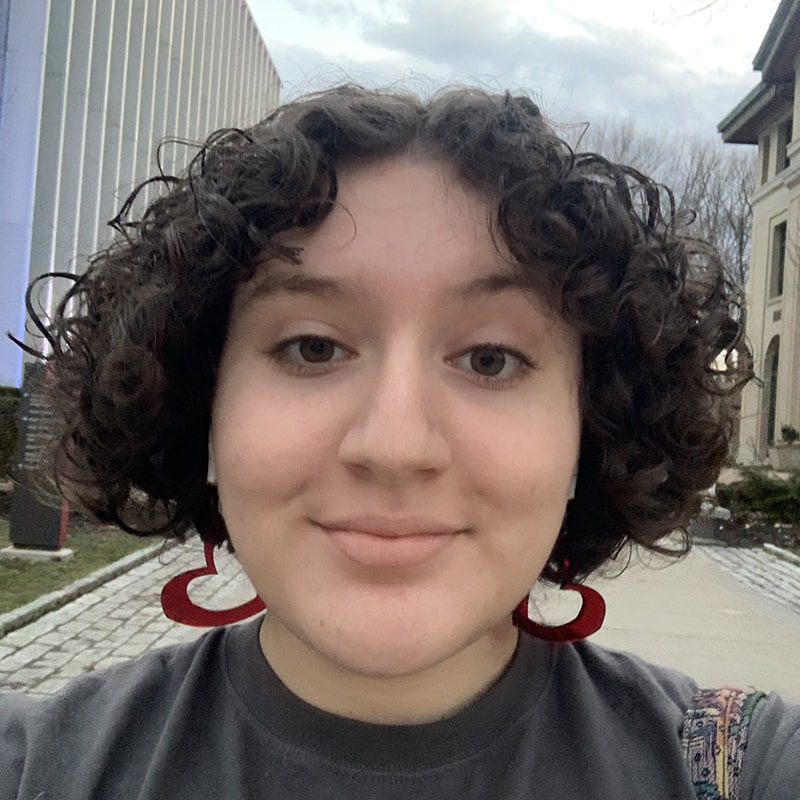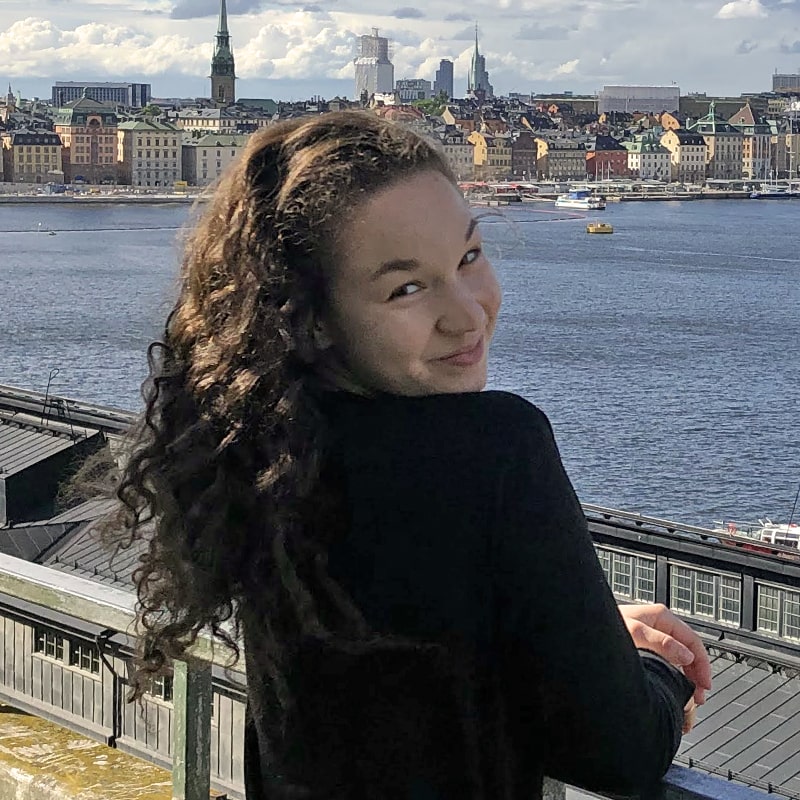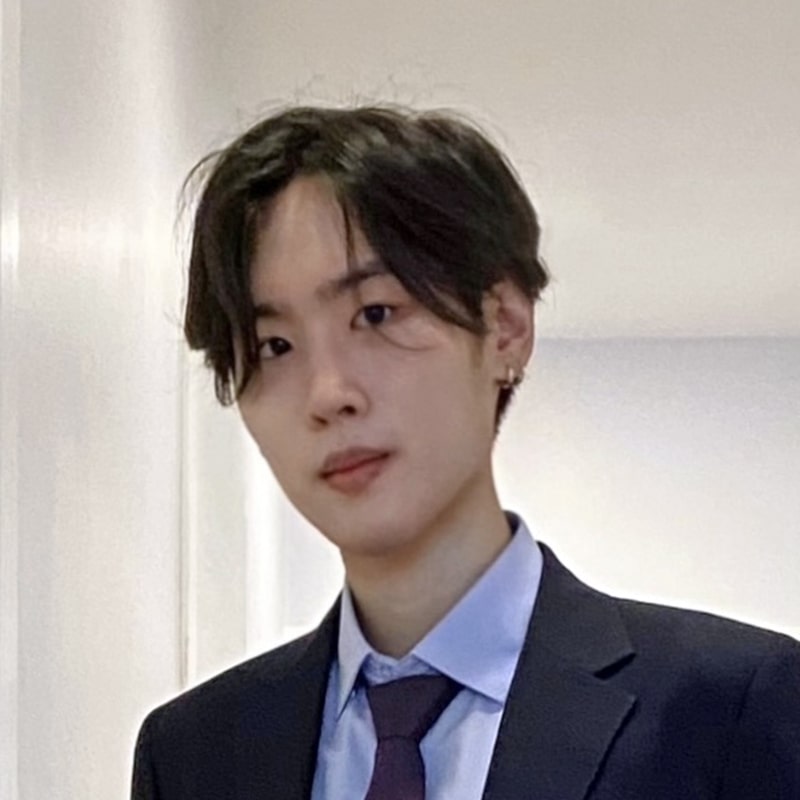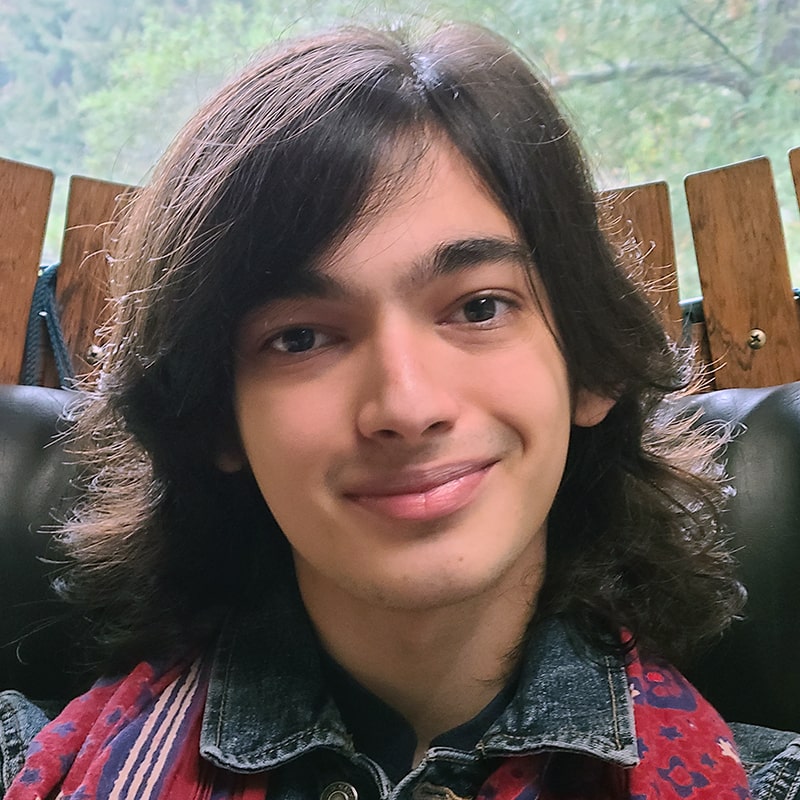
Issue 2 - Spring 2023
From the Editors
Welcome to the 2nd issue of WOVEN!
Speaking through research papers, proposals, creative works, and varied visual media, authors in this issue critically explore themes of race and racism, community, identity, democracy, education and more. Some pieces reflect on our post-COVID world, some take on historical and current systems of inequality and bias, and some propose paths forward paved by awareness and justice. The topics and methodologies may be varied across this collection, but excellence is the thread that binds them, and such excellence--in rigor, creativity, and vision--is representative of both individual student achievement and the foundational values in our Dietrich College GenEd courses.
You’ll notice in this issue that each of the pieces begins with an Author’s or Artist’s Statement. When we originally asked for these statements from the authors, we foresaw them as useful in-roads for WOVEN’s readers, as handy preambles to situate each work within the context of the course in which it was created. Unsurprisingly, however, what we got was so much more. In these statements, the authors give us context, but they also make plain that the arguments made and the questions asked in their works are powerfully significant to society, but also personally important to the authors themselves.
We are thrilled to present these wonderful works and authors to you all, and as we wrap up our inaugural year, we are grateful for all of the support that WOVEN has received across campus. WOVEN’s success is only made possible through the commitment and backing of the Dietrich College GenEd program, the Department of English, and the Writing & Communication program. We are exceptionally grateful for all of the faculty instructors whose courses and mentorship inspired and nurtured the works within. We are also singularly and extraordinarily grateful to Colleen Libertz, our teammate and the Program Manager for the Dietrich GenEd program, for the insight, labor, and enthusiasm she has given over to this journal. Finally, congratulations to all of the student authors in this issue: thank you for sharing your passions and expertise with us all.
Happy reading,
Courtney L. Novosat & Alan Thomas Kohler
Table of Contents
- Proposal for Supporting Pittsburgh’s Asian American Pacific Islander Community - Vivian Liu
- The U.S. Prison System: An Unmoving Anchor of Systemic Racism in Our Country - James Pascale
- Contextualizing Longing - Thalia Lisowski
- Technology’s threat to democracy: The exacerbation of gerrymandering - Ava Givone
- Game theory applied: (Ir)rational romance recommendations - Amalia Kutin
Vivian Liu
Proposal for Supporting Pittsburgh’s Asian American Pacific Islander Community
GenEd Course Completed: 76-108 - Writing about Public Problems
Faculty Mentor: Barbara George
What were the best parts of the GenEd course you completed?
I enjoyed the freedom to pursue whichever topics we wished for our proposals. I thought the continuous feedback from both instructors and peers was both insightful and useful in learning how to write feasible proposals.
How did the revision process and preparation for publication for WOVEN help you further develop your competencies in writing and communication?
There were sections of my paper that I hadn't given as much thought to until revisions, and having extra eyes on them raised my awareness of keeping a consistent quality of writing. Revisions also introduced me to the basic publication process.
James Pascale
The U.S. Prison System: An Unmoving Anchor of Systemic Racism in Our Country
GenEd Course Completed: 76-101 - Interpretation and Argument
Faculty Mentor: Don Holmes
What were the best parts of the GenEd course you completed?
What I enjoyed most about 76-101 was analyzing the unique ways that authors can tailor their writing to different audiences. Every assignment served as an opportunity to try new writing techniques and improve the quality of my writing. I also enjoyed the thought-provoking discussions on social issues that Dr. Holmes would challenge us with.
How did the revision process and preparation for publication for WOVEN help you further develop your competencies in writing and communication?
Throughout the publishing process, I’ve come to learn that it can be difficult to realize ways to improve your writing without feedback from others. When I applied to have my paper published in WOVEN, I couldn’t identify any way to refine my paper. However, I ended up uncovering several ways that I could improve my paper throughout the revision process, such as boosting clarity and avoiding the unnecessary repetition of some words. By addressing the feedback given to me, I’ve developed better writing habits that will continue to impact my writing, and I hope to use what I’ve learned from the revision process to continue improving as a writer.
Thalia Lisowski
Contextualizing Longing
GenEd Course Completed: 76-101 – Interpretation and Argument
Faculty Mentor: Nisha Shanmugaraj
In what way do you see the experiences in this GenEd course contributing to your larger goals at CMU and beyond?
I hope to further explore the relationship between my background and contemporary issues that Asian Americans face in the U.S. to inform my artwork. I plan to continue to use art as a medium for addressing highly embedded problems in the U.S., especially as pertains to race relations.
How did the revision process and preparation for publication for WOVEN help you further develop your competencies in writing and communication?
Working with an editor helped me maintain a more consistent style, and the overall process made me more actively engaged with my writing.
Ava Givone
Technology’s threat to democracy: The exacerbation of gerrymandering
GenEd Course Completed: 66-125 - Grand Challenge Seminar, Democracy and Data
Faculty Mentor: Jeria Quesenberry
In what way do you see the experiences in this GenEd course contributing to your larger goals at CMU and beyond?
This course enhanced my understanding of the role technology plays in the political sphere. It made me realize how my major plays an important role beyond the technological industry.
How did the revision process and preparation for publication for WOVEN help you further develop your competencies in writing and communication?
The revision process helped me refine my work in ways that I couldn't have imagined. The original version of the piece expressed all of the facets I had hoped to convey regarding the topic, but lacked an efficiency and conciseness in communicating those ideas to an uninformed reader. Thanks to the numerous iterations in the revision process, I feel my work has reached its full potential in serving its informative purpose.
Amalia Kutin
Game theory applied: (Ir)rational romance recommendations
GenEd Course Completed: 88-225 - Strategic Decision Making
Faculty Mentor: Russell Golman
In what way do you see the experiences in this GenEd course contributing to your larger goals at CMU and beyond?
Game theory appears in many unexpected places. Using what I learned in class to find dominated strategies and make the best decisions possible is something I see myself doing all the time.
How did the revision process and preparation for publication for WOVEN help you further develop your competencies in writing and communication?
This was my first time publishing something I had written, so I found this process foreign and exciting. Developing my piece for publication has given me insight into the world of writing. I will bring this new knowledge with me in the future when I write professionally.
As a statistics major I did not expect to write anything noteworthy in my college career. I wasn’t even sure if I should submit my piece! I’m certainly glad I did, and this has been an incredibly cool opportunity for me. Thanks to this experience, I will move forward with more confidence as a writer!
Ziggy Sheynin
A World of Change in 30 Seconds
GenEd Course Completed: 82-281 - Contextual Thinking: Pandemic Perspectives Re-Viewing Through a Cultural Lens
Faculty Mentor: Candace Skibba
What were the best parts of the GenEd course you completed?
In this course with Dr. Skibba, we were able to explore our own experiences from the pandemic and take charge of the perspective that we wanted to take. I was able to learn more about the things that interest me and what I choose to do when I am given fewer guidelines.
In what way do you see the experiences in this GenEd course contributing to your larger goals at CMU and beyond?
This course allowed me to think more critically about the ways in which we perceive success and how there are often barriers toward reaching specific goals. It showed me that I did not have to continue down the same path that I was not enjoying, but could instead change my focus toward something that felt more inspiring.
Hanson Han
Black History in Education: A Closer Step to Racial Justice
GenEd Course Completed: 76-101 - Interpretation and Argument
Faculty Mentor: Don Holmes
What were the best parts of the GenEd course you completed?
I enjoyed searching for literature and journals online to get a more comprehensive understanding about the "big questions" in our society.
In what way do you see the experiences in this GenEd course contributing to your larger goals at CMU and beyond?
This course strengthened my critical thinking skills and enlightened new ways for me to perceive controversial topics. I learned about not only how to address problems from different perspectives but how to explore the reasons behind.
Hyunbin Lee
Leave Rappaccini's Daughter Alone!: Applying Ecofeminism to Youth Education and Environmental Stewardship Through the Scout Organizations
GenEd Course Completed: 76-101 - Interpretation and Argument
Faculty Mentor: Megan Feller
What were the best parts of the GenEd course you completed?
I loved peer editing because I really like reading other people's writing. I believe writing brings the most genuine parts out of people so I really cared about giving feedback for my peers.
In what way do you see the experiences in this GenEd course contributing to your larger goals at CMU and beyond?
The process of researching for my paper really changed my view on the world and made me realize that there is so much injustice inherently found in many organizations in our daily lives. I have become a lot more passionate about environmentalism and feminism after discovering this issue of environmental rhetoric, and I am inspired to continue studying inequality and the history of inequality through rhetoric in our society.
Ilyas Khan
The World’s Fair and the Fair World: Rewriting Inuit Stories from Without and Within on Film
GenEd Course Completed: 66-134 - Grand Challenge Seminar, Native Americas: Facts and Fictions
Faculty Mentors: Anne Lambright and Paul Eiss
What were the best parts of the GenEd course you completed?
The breadth of it. I found the mobility we had, to go between incredibly disparate parts of the Americas and find common patterns of colonial exploitation and restoration work across incredibly different cultures to be such a breath of fresh air from the incredibly monocultural view of Native peoples in Highschool.
In what way do you see the experiences in this GenEd course contributing to your larger goals at CMU and beyond?
I think that as a climate activist understanding Native histories is crucial to how I work. Native peoples have been at the forefront of questions of environmental racism and sovereignty. By employing the research techniques I learned, as well as having a greater understanding of how Native and colonizing people interacted in nuanced ways I can support my activist endeavors.

